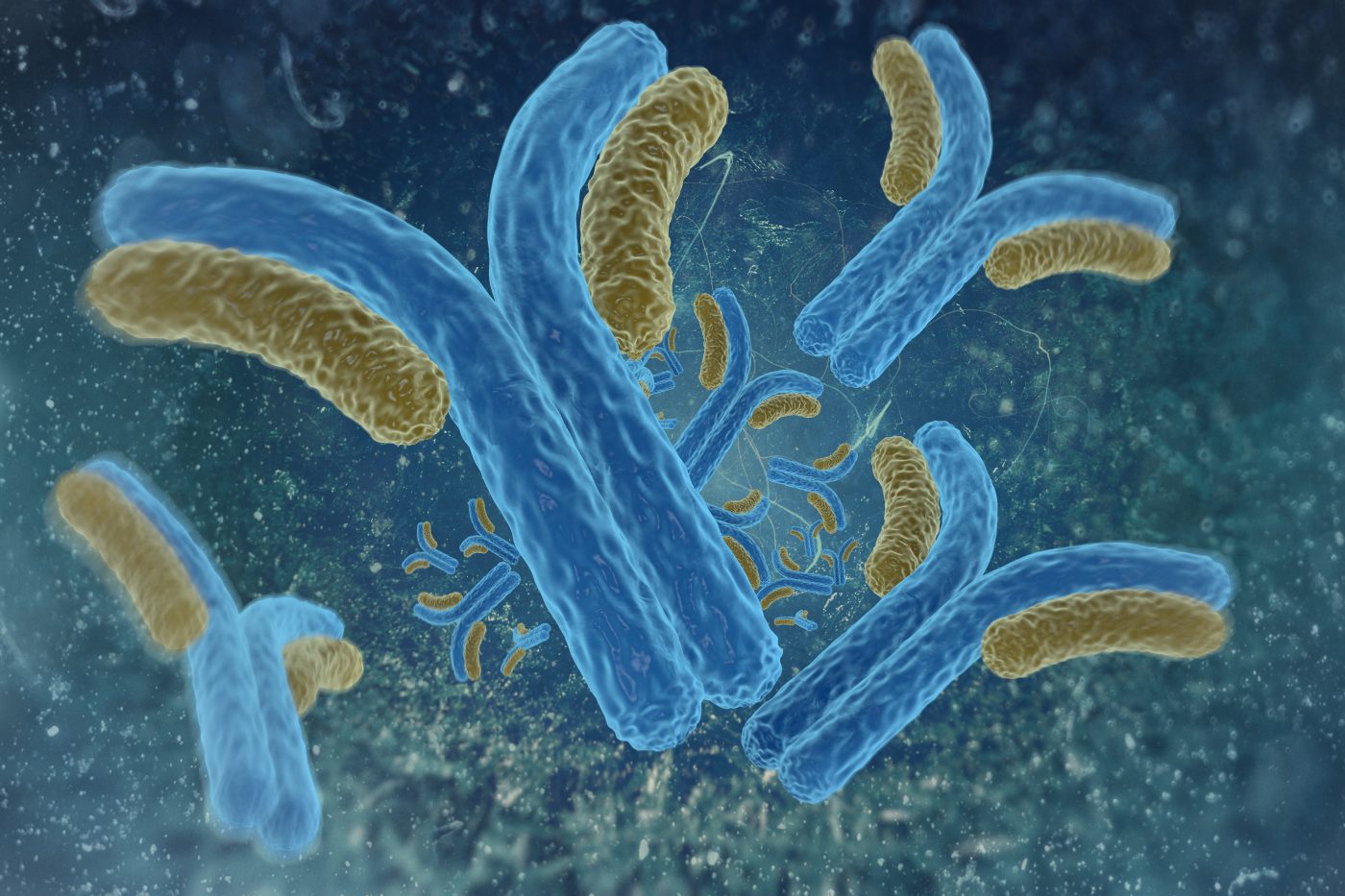Participate in Lupus Foundation of America’s May Topic: Antiphospholipid Syndrome and Lupus Anticoagulant
Written by |

The Lupus Foundation of America is involved in an initiative named “Ask the Experts” based on a series of educational presentations focusing on several topics related to lupus. This initiative is a free service that allows participants to learn about the disease and ask questions to world’s leading lupus experts.
The topic of May 2015 is entitled “Antiphospholipid Syndrome and Lupus Anticoagulant” and is presented by Dr. Elisabet Svenungsson, Associate Professor of Rheumatology at Karolinska University Hospital in Sweden. The presentation can be found here.
Systemic lupus erythematosus (SLE) is a severe autoimmune disease in which the body’s own immune system is abnormally activated, leading to an attack on healthy joints and organs, resulting in inflammation, swelling, pain, disability and often in tissue destruction and multi-organ damage. SLE is linked to circulating harmful autoantibodies.
Antiphospholipid syndrome (APS) can occur in association with SLE. It corresponds to an autoimmune disorder characterized by a hypercoagulable state induced by antibodies against phospholipids, the major component of all cell membranes. These antibodies can impair normal blood vessel functioning, leading to narrowing and abnormalities of the vessel (vasculopathy), and cause the formation of blood clots (thrombosis) within arteries and veins in several parts of the body such as the lungs, heart, kidneys and brain. The damage it can induce is dependent on the extent and location of the blood clot. APS can cause heart attack and stroke, and also pregnancy morbidities such as miscarriage and premature delivery. Anticoagulant treatment is usually required to manage the disorder.
The 2006 “Sidney criteria” classification has established that APS is diagnosed when a patient presents at least one clinical symptom (blood clots or miscarriage event) and one positive laboratory test. These laboratory tests assess the present of antibodies against membrane phospholipids, namely lupus anticoagulant, anti-beta-2 glycoprotein I and anticardiolipin.
According to Dr. Svenungsson, 30 to 40% of the SLE patients have antiphospholipid antibodies and less than half actually develop clinical symptoms of APS. Based on the antibody tests, is not possible to accurately predict who is at risk of developing clinical complications, although patients who are positive for all three antibodies are assumed to be at a higher risk.
After seeing the presentation, lupus patients, caregivers, loved ones and the population in general are invited to submit a question by no later than May 15, 2015. Of the questions made, 15 will be selected and the answer will be available in June. If you would like to participate, please submit your question here.
If you are interested in checking other presented topics in the “Ask the Experts” series, please visit www.lupus.org/ask.




